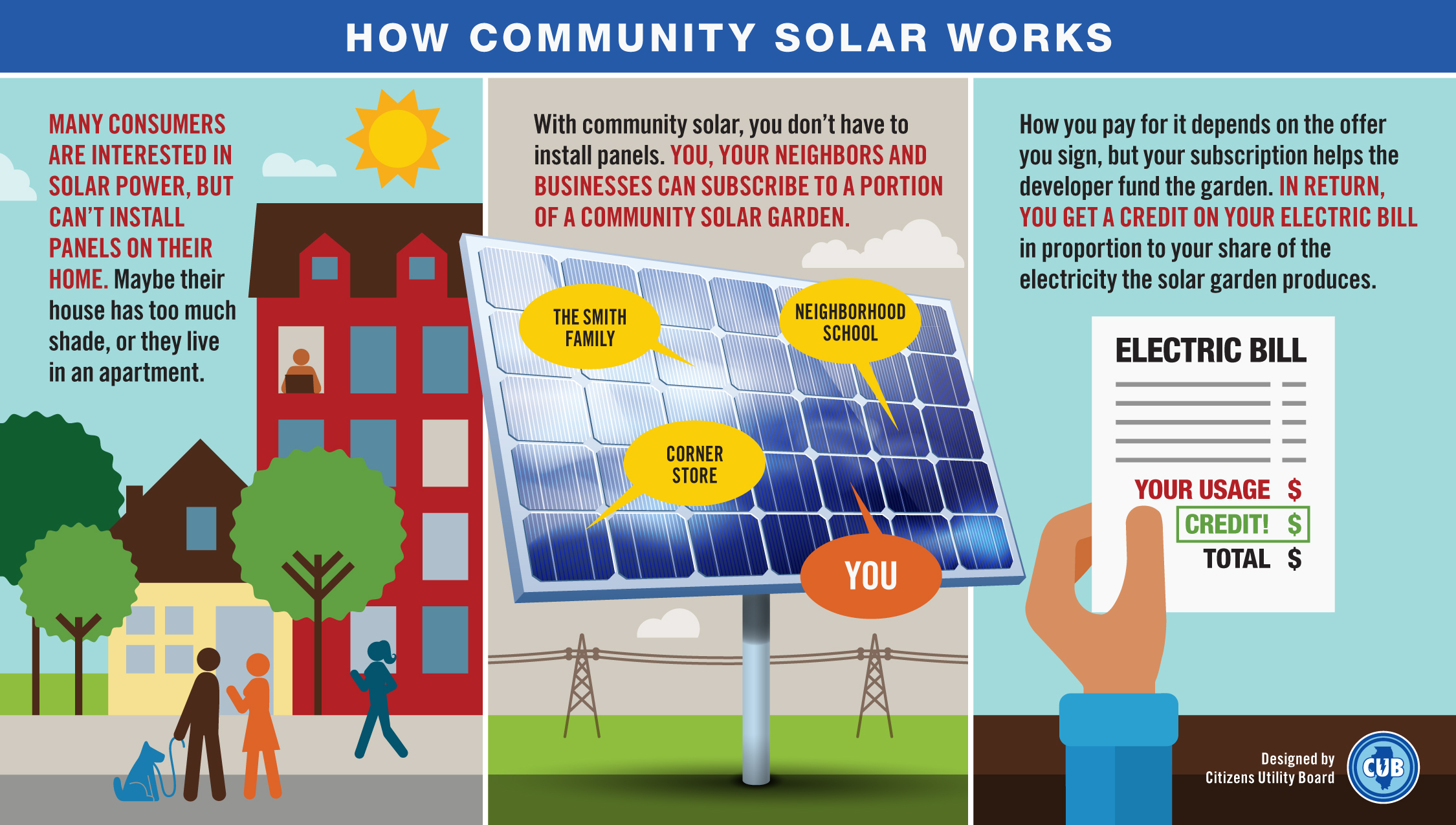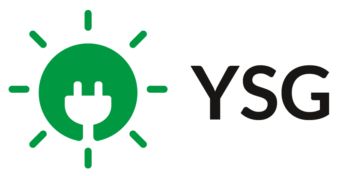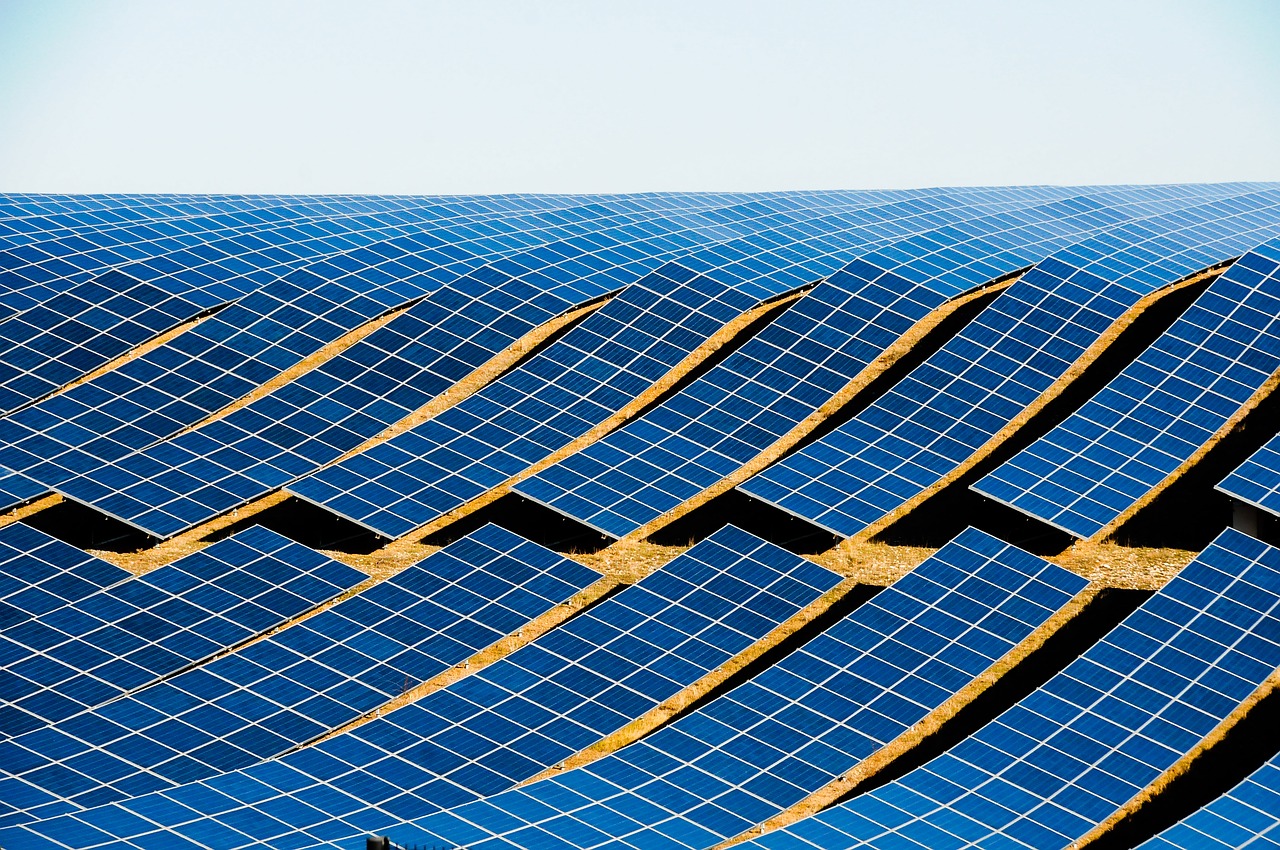The solar industry has grown exponentially over the past couple of decades thanks to increased investment in research & development of solar technology and implementation. New financing approaches and innovative models of solar panel leasing and ownership have opened up solar energy to more Americans than ever before.
One such innovative approach to solar energy is the community solar approach. For those who don’t have the roof space, don’t qualify for leasing, live in an apartment block, or any number of reasons, traditional rooftop solar isn’t an option. This is where community solar comes in, allowing an alternative access point to solar energy for those who cannot install rooftop panels. Even if you do have the ability to install conventional rooftop solar, you may prefer the community solar model.
What is Community Solar?
So, community solar offers an alternative, but what is it and how does it work? There is no set model of how community solar works across the board, but it generally refers to a solar PV project with multiple subscribers, who avail of utility bill credits for their share of the energy generated by the community solar system. This means subscribers receive direct benefits from the solar installation in the same fashion as those with an on-site installation. Community solar has been growing rapidly in recent years and this trend looks set to continue. Currently, over a dozen states enable community solar via legislation, while some utilities, both municipal and investor-owned, offer their own community programs.

(Image courtesy of Citizens Utility Board - https://citizensutilityboard.org/wp-content/uploads/2018/08/Community-Solar-Graphic-Blue-Bar-1.jpg)
Be Informed
As with any investment, you should do your research and make sure you are fully informed before making any decision on signing up for a community solar program. Make sure to ask lots of questions when communicating with a solar company. If you have any friends, family, or neighbors signed up to a community program be sure to ask for their opinion and insight. Below, you’ll find some tips on becoming an informed solar consumer.
What is Your Electricity Usage?
Your household electricity usage will be the key determining factor in the size of your community solar subscription and this should be a big talking point when speaking with a solar company. On your utility bill, you’ll find your electricity usage, listed in kilowatt hours (kWh), as well ast the amount you pay for this electricity. Generally, for most Americans, this will differ depending on the seasons of the year. Also consider any future changes that may affect this electricity usage - the purchase of an electric car, an extension to your house, the addition of energy-heavy appliances, for example.
Best Deal
Get a few different offers, if possible, before subscribing. Compare the costs and the subscription agreements, keeping in mind that the lowest cost offer is not necessarily the best one.
Non-rooftop is not always community
Some states offer “green tariff” programs. This is different from a community solar program, so be careful. A green tariff program is where a utilities company sells “renewable” energy on top of existing electricity at an extra cost.
Solar Company
Make sure the solar company you choose is properly accredited before entering any agreement. If possible, get some references and be sure to check out some customer reviews on sites like Better Business Bureau.
Understand Bill Credits & Charges
The amount of bill credit you receive for your share of the energy generated by the community solar system can vary from state-to-state. Before signing, find out how much your electric bill will be credited, as well as how much you will continue to pay for electricity each month.
Understand Tax Credits & Incentives
If you own a portion of the community solar system, you could be eligible for the federal investment tax credit (ITC), which begins stepping down at the end of this year. If you just subscribe, the overall owner could avail of this credit and have the savings trickle down to your subscription cost. In addition, state, local, and utility incentives might be available depending on where you are. For tax and legal questions, consult professionals in those fields, preferably CPAs or lawyers experienced with solar.
Understand Renewable Energy Certificates (RECs)
RECs, or “green tags”, are representative of the renewable qualities of the electricity a solar system generates and selling/transferring RECs can lower the cost of a system. However, this could impact your ability to make claims about the renewable nature of your energy. This is a tricky subject so it’s best to speak directly to a solar company to learn more about RECs.
Understand Terms
Read the contract carefully, ensuring you know exactly what you will get, what you will be paying, and whether or not terms important you are included in the agreement.
Look For Key Agreement Terms
See the SEIA Residential Consumer Guide to Community Solar for a full list of key agreement terms to keep an eye out for.
Ask Questions
Obviously understanding and transparency are key for any relationship between consumer and company so ask lots of questions. Again the SEIA Residential Consumer Guide to Community Solar has a list of great questions to ask your solar company.
Understand Savings Estimates
Community solar can provide excellent savings. These savings are determined by the amount you pay for you subscription, relative to the value of the bill credit you receive from your utility. Often, forecasted utility rate increases will be factored into savings estimates, so be sure to ask your solar company how they are determining their estimates. The factors determining these estimates should be reasonable and based on reliable evidence.
Understand Warranties, Maintenance & Guarantees
Your subscription might include a guarantee of the solar system’s performance over time. If you own your portion, warranties and maintenance agreements may also feature. Make sure your solar company explains any and all warranties, maintenance agreements, and production guarantees, including details of what is covered, by who, and for how long.
To learn more about community solar for residential consumers, just check out this guide from the Solar Energy Industries Association - SEIA Residential Consumer Guide to Community Solar. Follow the link, where you can read the guide, find links to further community solar resources, and download a PDF copy of the guide. There’s also contact info for the SEIA, should you wish to ask any further questions, and a great list of key questions to ask before entering any agreement.
If you want to learn how you could benefit from a community solar subscription in New York, contact YSG here or give us a call at 212.389.9215.
Follow YSG Solar on Twitter, Facebook + Instagram:
By Shane Croghan
Sources:
All information in this guide is courtesy of this PDF from the Solar Energy Industries Association (SEIA) and the Coalition For Community Solar Access.

